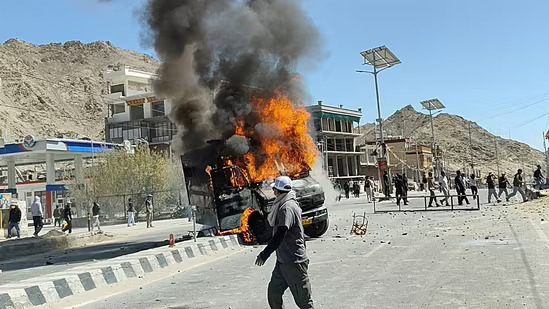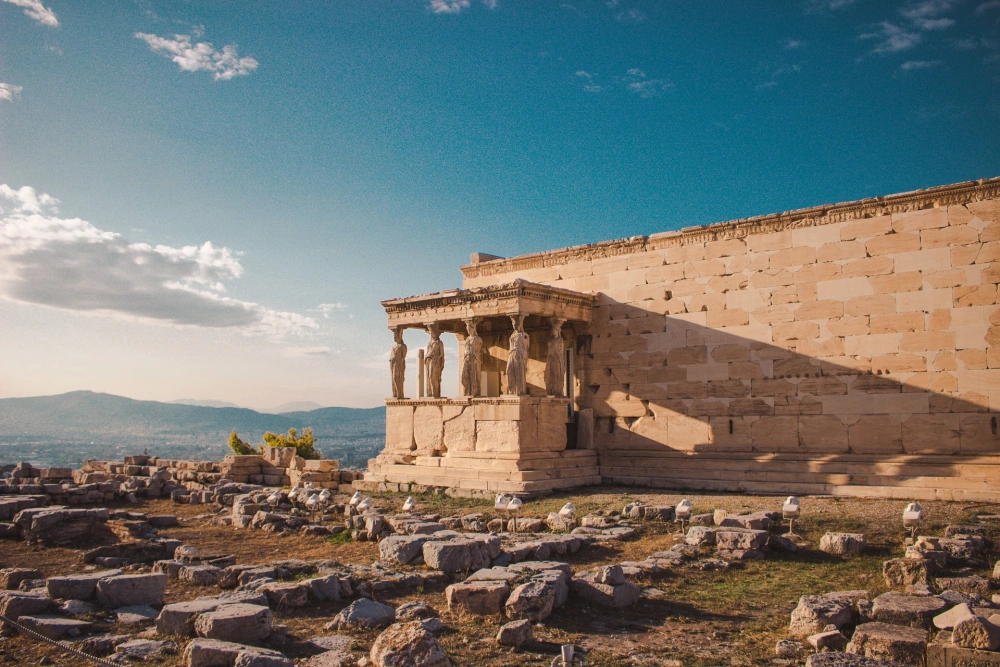
Deadly Protests in Ladakh: Gen-Z Movement Claims Four Lives
Ladakh Protests Turn Deadly: Gen-Z Youth Demand Statehood, Sixth Schedule Rights Amid Violence
Leh, Ladakh — September 24, 2025 The serene valleys of Ladakh were shattered by a storm of rage and grief as thousands of young voices rose in protest—and four were silenced forever. What began as a peaceful movement for Ladakh statehood and constitutional protection under the Sixth Schedule ended in bloodshed, marking one of the darkest days in the region’s recent history.
This wasn’t just a protest. It was a cry for survival.
What Sparked the Ladakh Gen-Z Uprising?
The unrest ignited with a hunger strike led by climate activist Sonam Wangchuk, joined by tribal elders demanding autonomy for Ladakh’s tribal communities. Their call: inclusion under the Sixth Schedule of the Indian Constitution, which would safeguard Ladakh’s fragile ecology, unique culture, and indigenous rights.
But when two elderly strikers collapsed, the youth—already simmering with frustration over political neglect, unemployment, and environmental degradation—erupted. This was no longer just about policy. It was about identity.
September 24: The Day Leh Bled
Thousands of Gen-Z protesters flooded the streets of Leh, chanting for tribal rights, local governance, and full statehood for Ladakh. The march turned violent near the BJP office, where clashes broke out. Stones flew. A CRPF van was torched. Police retaliated with tear gas and lathis.
By sunset, four young men lay dead. Dozens were injured. And Ladakh’s youth had paid the ultimate price for demanding a future.
“We were shouting for our future. They answered with force,” said Tsering, 19, his voice trembling, arm in a sling.
Why Ladakh’s Youth Are Rising
Since Ladakh became a Union Territory in 2019, it has had no legislative assembly—no elected voice. Decisions are made in Delhi, while Ladakhis watch their glaciers melt, jobs disappear, and tribal identity fade.
“We’re not anti-national. We’re anti-neglect,” said Dolma, a student leader. “We want autonomy, not anarchy.”
This is part of a larger wave of Gen-Z activism in India, where young people are demanding political representation, climate justice, and inclusive development.
Aftermath: Curfews, Cancellations, and Grief
In response, authorities imposed a curfew in Leh, enforced Section 163 of the BNSS, and canceled the Ladakh Festival 2025. But the pain couldn’t be contained.
Funerals were held in silence. Mothers wept. Friends lit candles. And across social media, the hashtag #LadakhLivesMatter surged, amplifying the voices of a region long ignored.
What’s Next for Ladakh?
Talks between Ladakhi leaders and the central government are scheduled for October 6, 2025. But trust is broken. The youth want more than promises—they want constitutional guarantees, environmental protection, and economic opportunity.
“We buried our brothers. Now we carry their fight,” said Rigzin, 22, outside the hospital where the wounded still recover.
Final Word: Ladakh’s Gen-Z Has Spoken
September 24 will be remembered not just as a day of tragedy, but as a turning point. A generation raised in silence has found its voice—bold, unyielding, and impossible to ignore.
India must listen. Before the mountains echo again.









